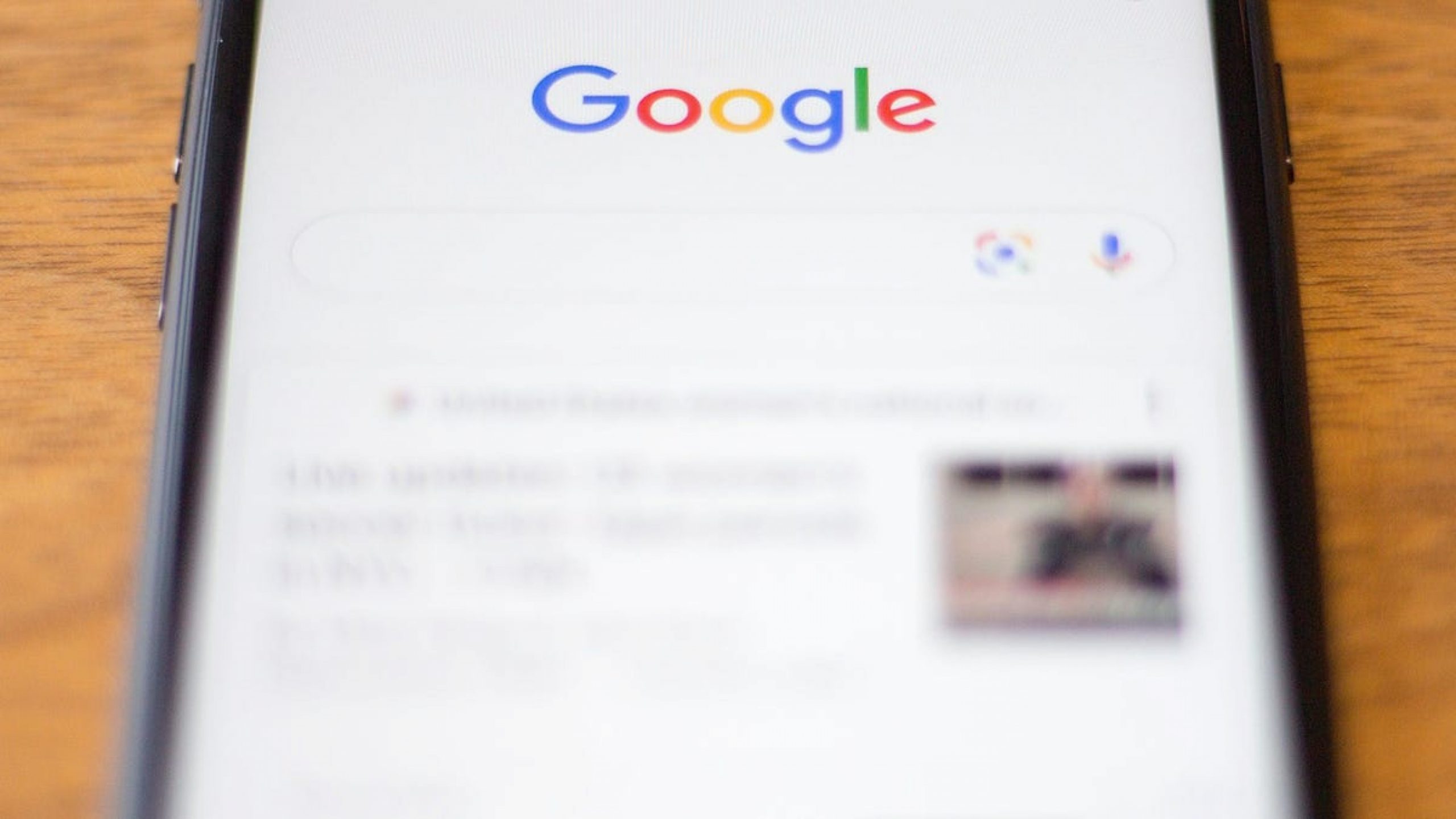Google’s Search Engine Will Now Warn You When It Doesn’t Have a Reliable Answer
Google said Friday it will notify people when they look up breaking news or other “rapidly evolving” issues that their search results may be unreliable. It’s one of several fact-checking measures the tech giant has incorporated in recent years to curb the spread of misinformation and provide important context to topics that start trending online.
The new prompt warns users that the topic in question is developing, so its search results are changing quickly as more authoritative information comes to light. “If this topic is new, it can sometimes take time for results to be added by reliable sources,” the prompt, which pops up above the search results, says in part. In short, take whatever you’re seeing with a grain of salt for now.
To determine when to include the warning, Google has trained its software systems to detect rapidly developing topics that have a limited range of sources weighing in so far, according to Danny Sullivan, Google’s public liaison for search.
“We’ll now show a notice indicating that it may be best to check back later when more information from a wider range of sources might be available,” he wrote in a blog post Friday.
Google confirmed to Recode on Thursday that it started testing this feature about a week ago. At the time, a company spokesperson told the outlet the warning is only popping up in a small percentage of search results about trending topics that are still developing. These notices are rolling out in English to U.S. users first, but Google plans to expand the feature’s release “over the coming months,” the company said Friday.
G/O Media may get a commission
In an interview with Recode, Sullivan said that the notice isn’t meant to indicate whether the results you’re seeing are right or wrong; it’s a warning that additional information may come out later. For example, he cited suspected UFO sightings and recent trending search queries such as “why is britney on lithium” and “black triangle ufo ocean” as searches that could trigger the notice.
“When anybody does a search on Google, we’re trying to show you the most relevant, reliable information we can,” Sullivan told the outlet. “But we get a lot of things that are entirely new.”
Between the contentious 2020 U.S. presidential election and the global covid-19 pandemic, online platforms have faced a reckoning for their role in the spread of conspiracy theories and disinformation campaigns. Google is one of several tech giants working to provide more context to what people come across on the internet. Last year, it added fact-checking labels to images found via its Google Images search and knowledge panels to search results about covid-19 vaccines, among other updates aimed at improving search literacy.
Most recently, at its annual I/O developer conference in May, Google debuted a new label for search results—”About this result”—to give U.S. users important context about the sources they’re seeing, CNN reported. The company also said it’s working with Wikipedia to incorporate news ways to provide users with background information on websites, including short descriptions.

